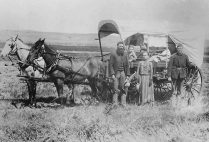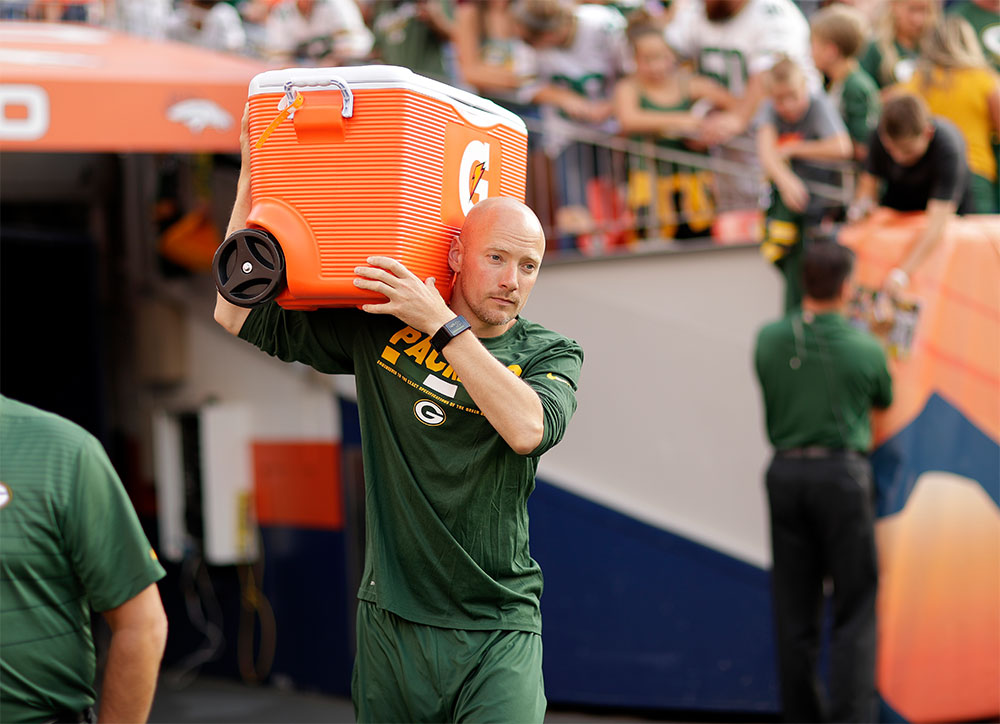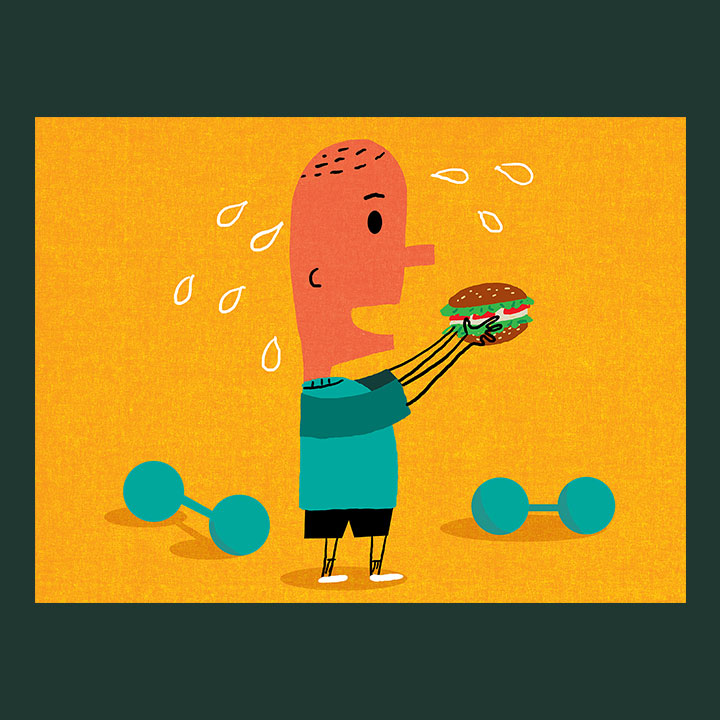When Mary Ellen Kelly was studying to become a sports dietitian in 2004, the Division 1 triple jumper sensed a growing awareness among athletes of the importance of eating well. What she didn’t see coming was an exploding awareness by teams of all kinds of the importance of sports dietitians. Neither did her colleagues.
“I remember saying to my friends and professors that I wanted to work with elite-level athletes. And they were saying, ‘Well, that’s not really happening,’ and they were right. In 2000, about five universities had full-time dietitians working with their athletes,” says Kelly (Sargent’04). “Today more than 75 colleges and universities have at least one dietitian and some have three or four.”
The same surge of appreciation for people like Kelly has swept across professional sports teams. Kelly’s career has followed the curve. She graduated from BU with a degree in nutrition and dietetics in 2004, and earned a master’s in clinical nutrition from New York University in 2005. She started advising varsity teams at St. John’s University, then at the University of North Carolina. In 2014, she jumped to the Miami Dolphins—becoming the NFL’s first full-time female team dietitian. Kelly now works as a consultant for Baylor University and Drexel University, where she is an online adjunct professor, and for marathoners and triathletes, as well as many people who suffer from food allergies or gastrointestinal disorders.
And while she does develop nutritional plans for individual athletes, she considers her role first and foremost to be an educator, someone who teaches athletes how to fuel their bodies so they can perform at the highest level possible.
“Every year there are more teams hiring dietitians,” she says. “These days they include everything from club teams to the Olympics to the military. Students hoping to get into sports nutrition are hitting the profession at a time when growth is exponential.”
: Mary Ellen Kelly






















































Related Stories
Orthorexia: Eating Clean, but Crumbling on the Inside
Celebrities like Tom Brady and Instagram “health gurus” may be contributing to the rise of what’s known as the clean eating disorder
BU Among Top 20 Healthiest US Colleges
Sargent Choice and FitRec cited as major contributors
Following the Mediterranean Diet, in Italy
New summer SAR study abroad program teaches nutrition, lifestyle changes
Post Your Comment